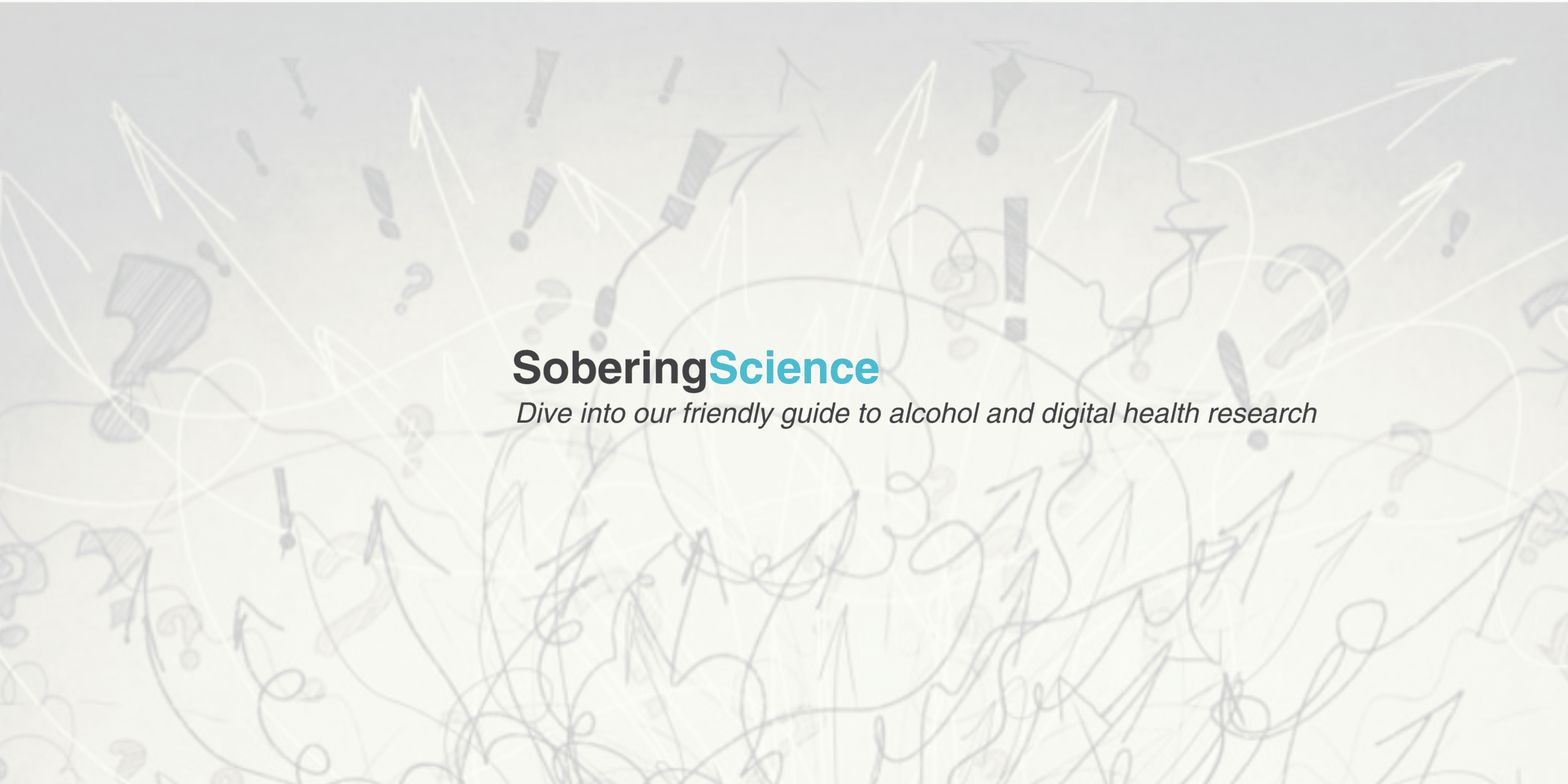
5 ways to talk to your teenager about alcohol
Recent research released by the Australian Institute of Family Studies (AIFS) tells us that young men are drinking alcohol at riskier levels than older men. We also learned that adolescent males are carrying their early drinking behaviours with them into their young adulthood years. This research reminds us that, more than ever, we need to be having conversations with our young people about their relationship with alcohol.
Below we’re going to share 5 ways you can support your teenager to build a healthy relationship with alcohol, along with some of the latest research and strategies to try.
Assess: Assess your own relationship with alcohol
Sometimes it can be helpful to start by figuring out how we feel about this topic. To be able to support others, we need to reflect on where we stand on the issue. Take some time to reflect on your own relationship with alcohol. Are you happy with where it’s at? Is it the type of relationship you want to model to your teenager? Is it adding something to your life or is it taking something away? Children (and teenagers for that matter) are like sponges. They watch everything that the people around them do and often make choices depending on what they’ve seen and been taught. However, this isn’t to be mistaken as a chance for blame. Parents (or other caregivers) are not to be blamed for the relationship young people develop with alcohol. They do, however, play an important role in helping them to figure how alcohol is going to fit into their lives. We also recognise that parenting is tough and many of you are doing the best you can. Click here if you are interested in some tips on creating an alcohol-free life.
Model: Model the behaviour you would like them to have
If we take the viewpoint that young people are learning from their parents or guardians about how alcohol works, how it affects people and how much a person drinks, then it’s understandable that being aware of your intake sets an example that large amounts of alcohol aren’t required to live a fulfilling life. As any amount of alcohol has an effect on all individuals, moderating your intake in general does reduce your risk of health issues and alcohol-related injury. Parents have an opportunity to role model a healthy relationship with alcohol. It can be helpful to take some time to figure out what that might look like for you. For some, having a few standard drinks is right for them, while others find that no alcohol is the right choice for them. This is where boundaries might come in. What are your boundaries when it comes to alcohol? What’s your plan when it comes to sticking to your boundaries? This might be only having alcohol at certain times during the week or month. It also might mean having someone hold you accountable or provide support if things don’t go according to plan and you need encouragement to get back on track.
Teach: Teach your child about alcohol and its effects
Part of your role is going to be teaching your teenager about how alcohol works and the effects it has on people. Many people don’t have a basic knowledge about alcohol and how it affects physical and mental health, so you’re not alone if this is your experience too. This might be a great opportunity to increase your knowledge around this. Sometimes the best way to learn something is when you have to teach someone else. Do some research, check out the rest of our website for some resources about alcohol, such as ‘Change your Drinking’ and ‘Learn more about alcohol’, as a starting point.
Young people are in a stage of life where they are continually learning about everything going on around them. Our brains don’t finish developing until sometime in our mid-twenties so it’s understandable that during this prime development time, young people are always learning. If they aren’t given information that is factual and understandable, they are more at risk of picking up common myths. Myths such as ‘alcohol makes you happy’, ‘only men drink alcohol’ or ‘alcohol gives you confidence to talk to peers’, are all dangerous if they aren’t debunked at some stage. Take the opportunity to make sure your teenager has the best foundation to start from by having these conversations.
Talk: Continue to have discussions with them
Now that you’ve had this conversation with your teenager, don’t stop talking about it. We can all agree that growing up is a stressful time, for parents and teenagers alike. Open, curious and respectful communication can help ease that stress. Talk about how everyone is going to make different choices in regard to alcohol and that it’s not weird or strange to choose not to drink. Talk about other activities and interests that your young person can fill their time with, that doesn’t involve alcohol. Let them know that it’s possible to have fun without it.
Consider setting boundaries with your teenager or helping them figure out their own boundaries around alcohol. Encourage them to build a healthy relationship with alcohol from the beginning and collaborate with them to have their own plans of what to do when alcohol is around. This might mean practising saying no, or having someone to call if they’re feeling uncomfortable or pressured when alcohol is available at an event.
Inform: Get support for your own alcohol use and supporting your teenager
If after thinking on this, you realise that your relationship with alcohol isn’t where you want it to be, know that there is support and resources to change this. Alcohol doesn’t have to play the role in your life that it currently does.
Our app, Daybreak provides a community and place to start if you’re looking for support around your relationship with alcohol. Along the same lines as getting support for yourself, learning more about how to support your teenager might be helpful as well.
Parenting doesn’t come with a manual, particularly around some of the tricky issues such as alcohol and drugs. The good news is that there are resources out there to help you navigate this.
If you want to continue reading about how to help your teenager to build a healthy relationship with alcohol (& other drugs) check out adf.org.au, ReachOut & RaisingChildren for further information.
We know how important it can be to learn from one another, so if you have any ideas or thoughts on things that have worked for you, please feel free to share below.










We enjoy a beer everyday and our 20 year old and 22 year have one with us and we catch up about our day. We then have our tea and no more alcohol after that usually too full. We taught our children to use a measuring glass for spirits and they like that because they don’t over do it and their alcohol lasts. My son got drunk once and vomited and vomited because he wanted to see what it was like but never did it again. I explained people have choked on their vomit and died in their drunken state. I think this worked. Scare tactics sometimdont hurt